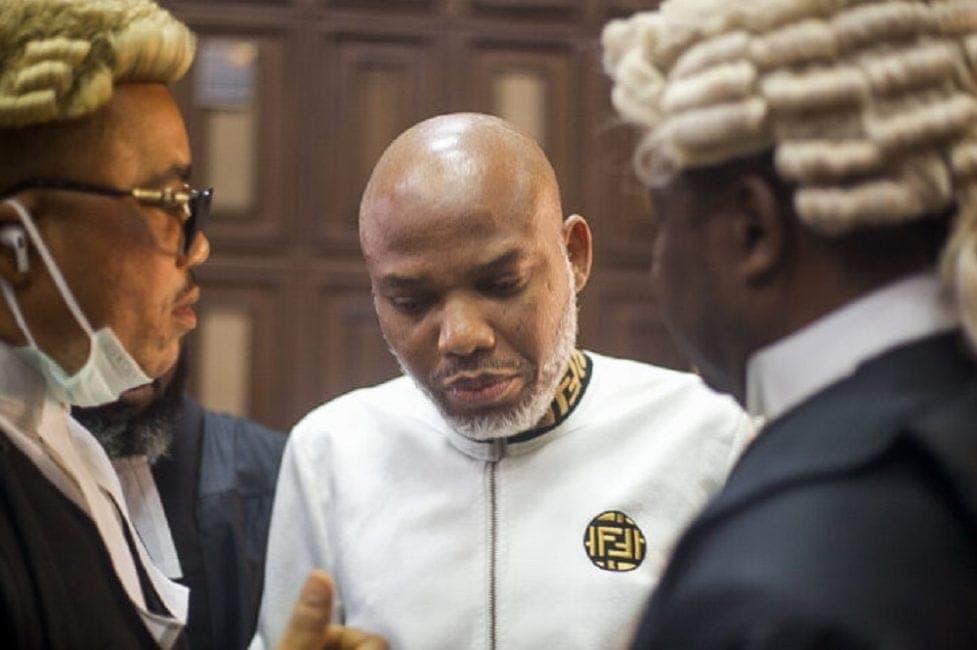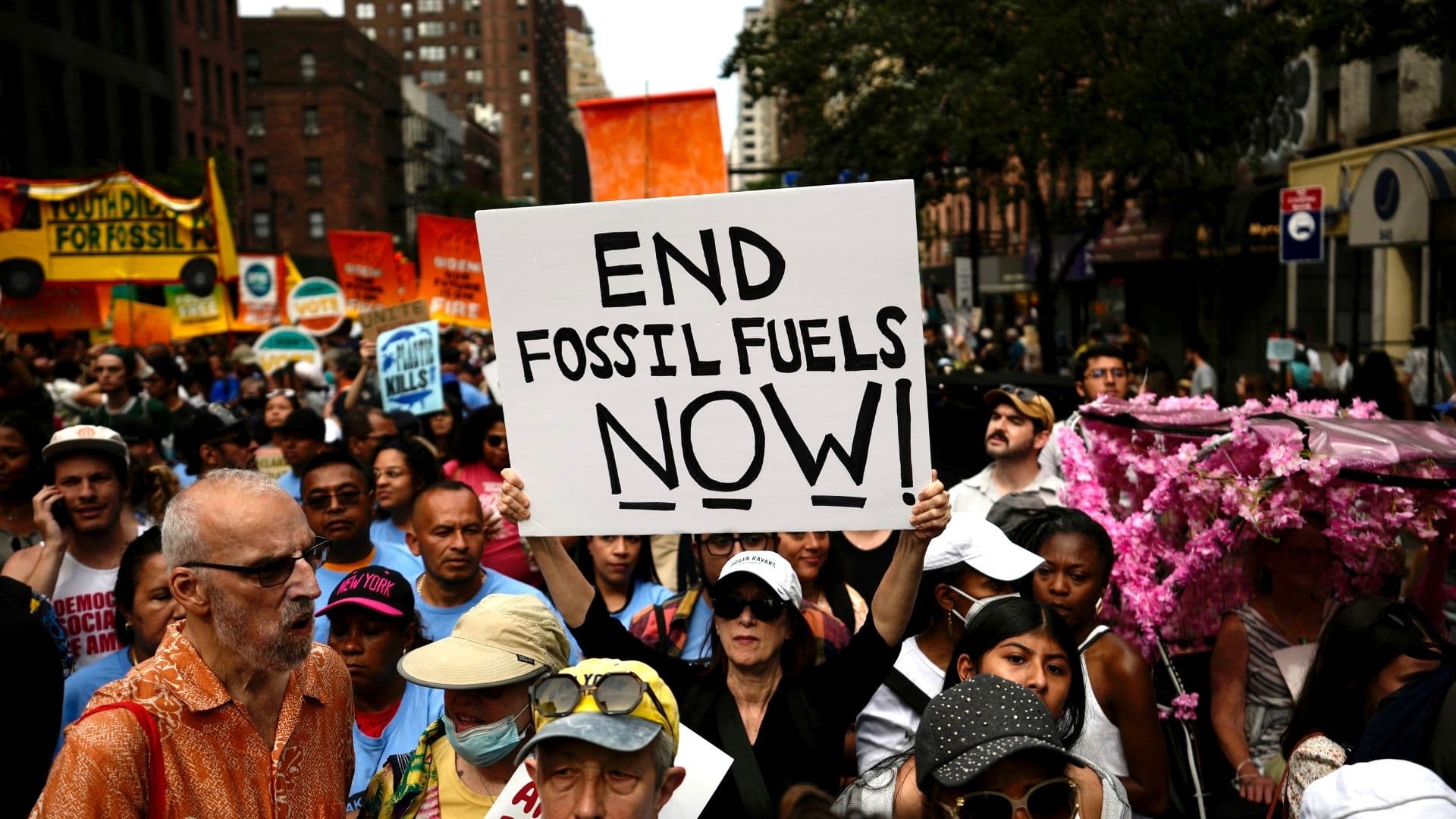Nigerian court jails separatist leader Nnamdi Kanu for life, raising security and political stakes
A Nigerian court on November 20 convicted Nnamdi Kanu, leader of the Indigenous People of Biafra, and sentenced him to life in prison on terrorism related charges. The verdict resolves a decade long legal battle but risks stoking unrest in the southeast and among a large diaspora whose remittances and political influence matter to the national economy.

A federal court in Abuja on November 20 convicted Nnamdi Kanu, the controversial leader of the Indigenous People of Biafra, and sentenced him to life imprisonment on terrorism related charges. The judge concluded that prosecutors had shown Kanu’s broadcasts and directives incited deadly attacks against security forces and civilians. Kanu, a dual Nigerian British national who has been under prosecution since 2015, has long been at the center of a polarizing separatist movement that has inflamed tensions in the country’s southeast.
The conviction closes a chapter in a case that has drawn international attention and galvanized activists and the Nigerian diaspora. Supporters in the southeast have staged repeated protests during the multi year legal process, while sympathetic networks in the United Kingdom and the United States have organized high profile demonstrations. Analysts warn the sentence could amplify those tensions and trigger new flare ups on the ground at a time when security resources are already stretched.
The ruling also carries economic implications beyond immediate security concerns. Nigeria remains sub Saharan Africa’s largest economy by nominal GDP and depends heavily on political stability to attract foreign investment and secure oil and gas operations. Although the core oil producing regions are concentrated in the south south, instability in adjacent areas can raise operational risk for energy firms and push up insurance and security costs. Any sustained escalation of violence could depress local production and add to volatility in markets already sensitive to geopolitical risk.
The diaspora that has supported elements of the movement is a significant source of foreign exchange for Nigeria through remittances which rank among the country’s top external inflows. Policymakers worry that heightened tensions could affect remittance flows either by disrupting channels or by altering the political decisions of expatriate Nigerians. Investor sentiment is another channel to watch, as political uncertainty tends to widen risk premia, pressure the currency, and weigh on the local stock market.
From a fiscal perspective the government may face choices that carry trade offs between security spending and targeted development in restive regions. Higher allocations to policing and military operations can alleviate short term threats but may crowd out infrastructure and social spending that address the underlying grievances that fuel separatist movements. That budgetary strain would interact with Nigeria’s broader macroeconomic challenges including the need to stabilize public finances and manage inflationary pressures.
Long term, the conviction highlights persistent fissures in Nigeria’s federal compact and the difficulty of reconciling calls for greater regional autonomy with national cohesion. The next phase will test whether Abuja pursues a two track approach combining law enforcement with political dialogue and economic investment in the southeast. The outcome will matter for stability, growth prospects, and the willingness of international investors to commit capital in a country that remains central to the region’s economic outlook.

